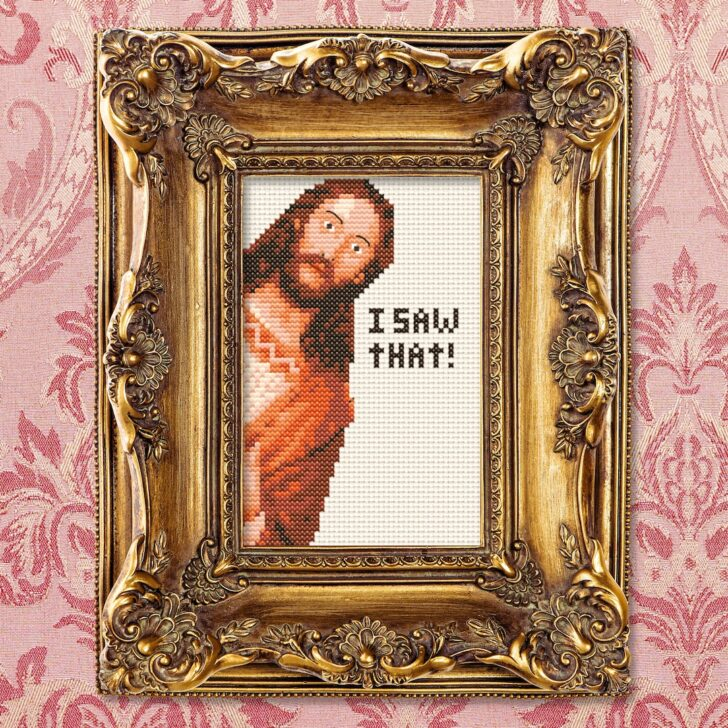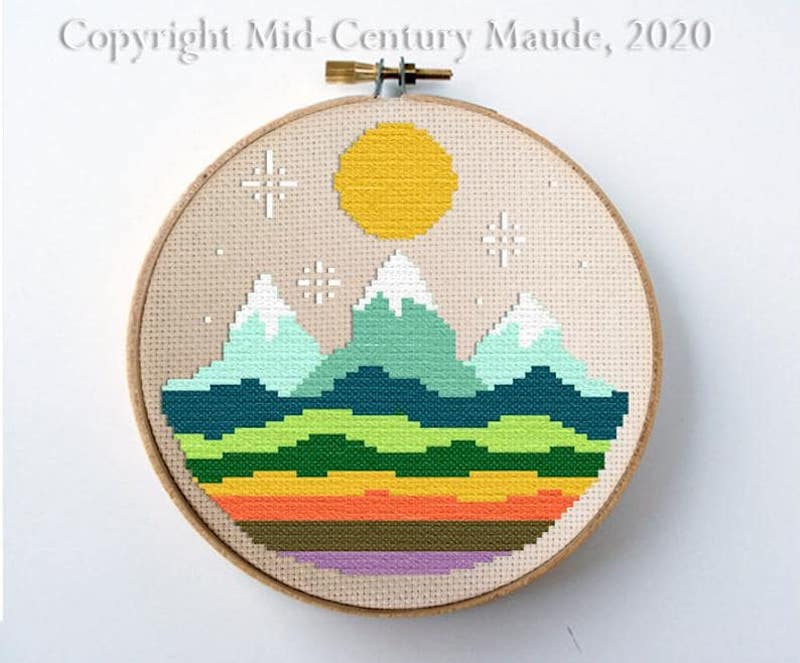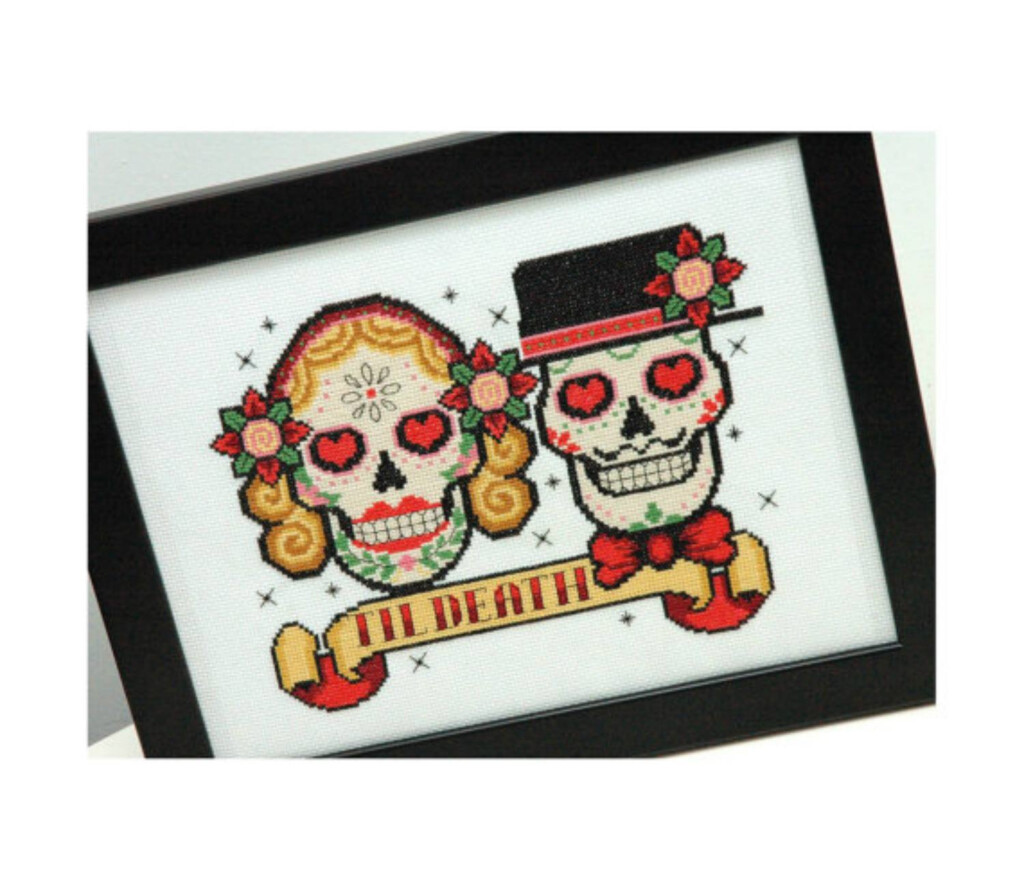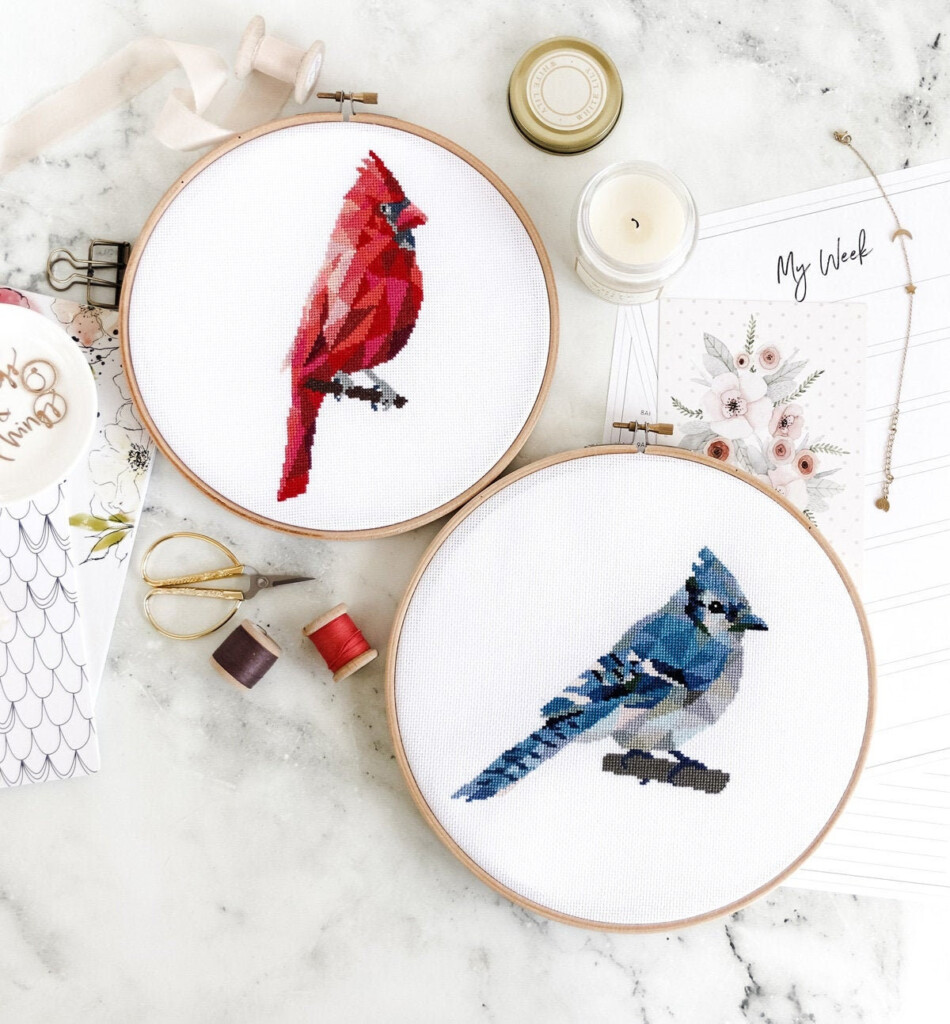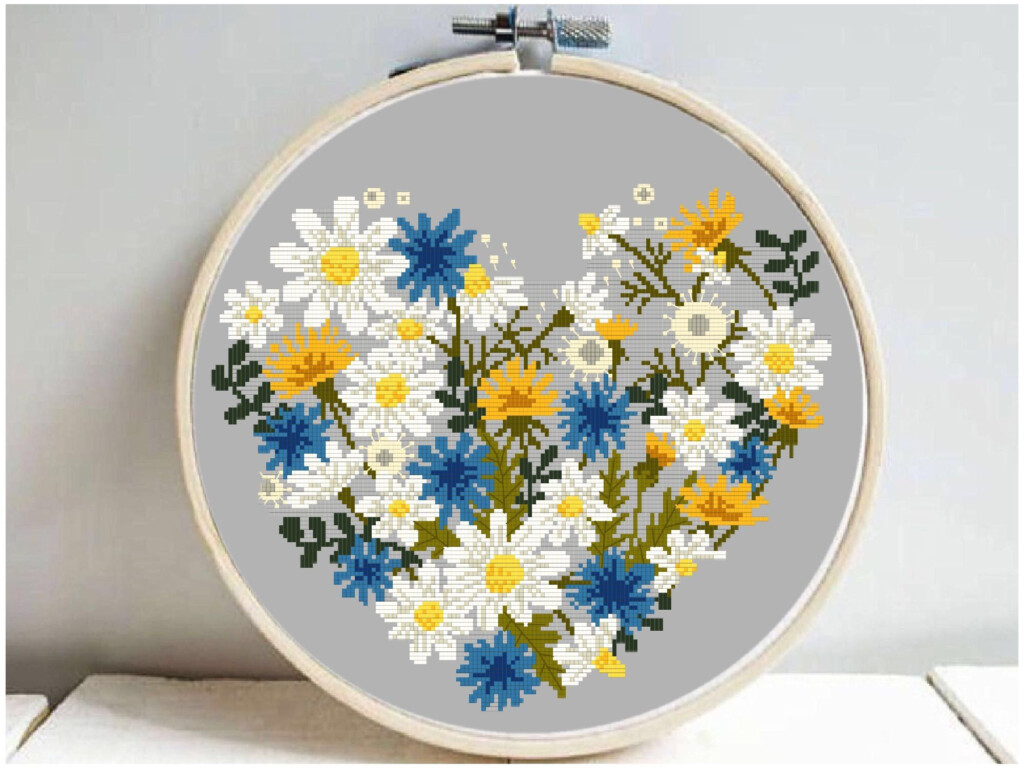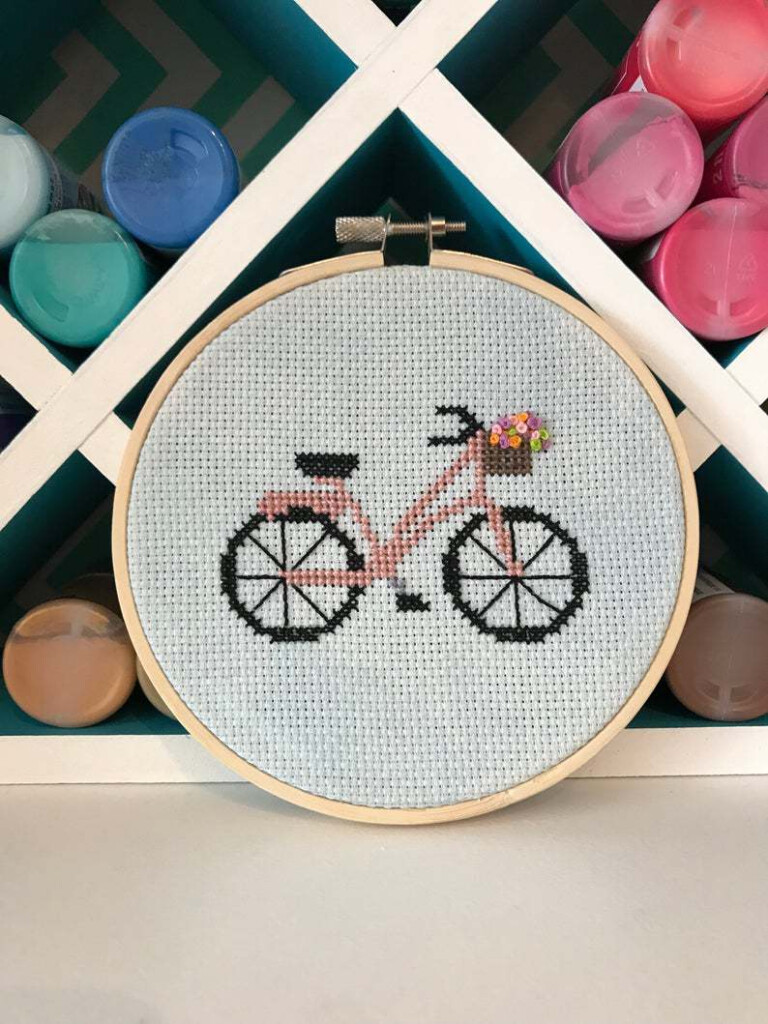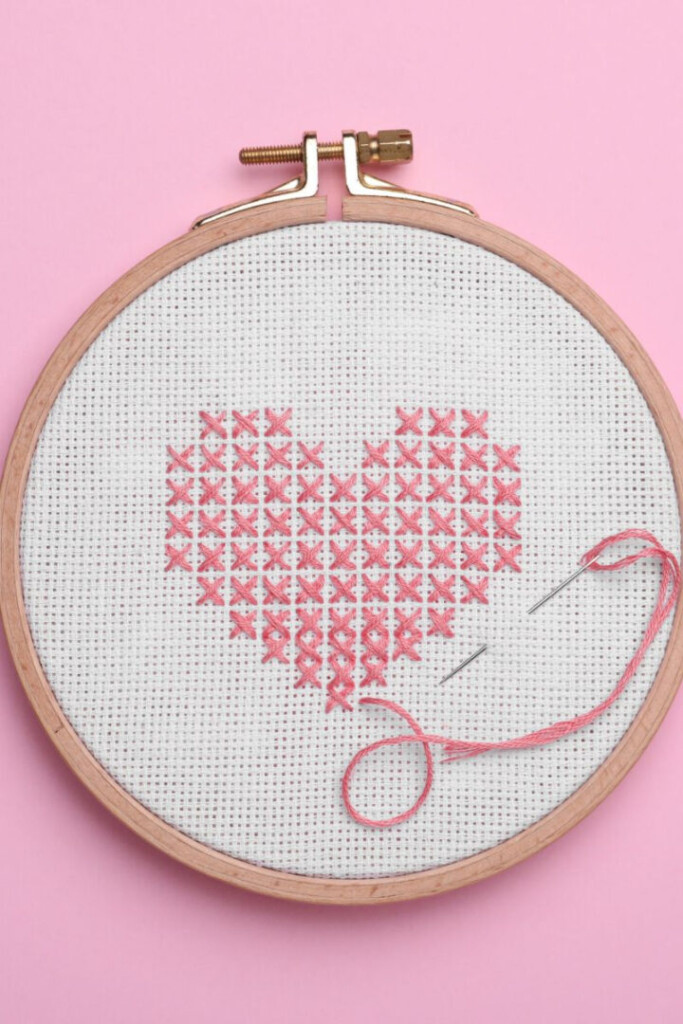Best Modern Cross Stitch Patterns – Cross stitch is a classic and peaceful embroidery method that permits you to create sensational designs with simply a needle, thread, and fabric. Whether you’re a beginner or a skilled stitcher, recognizing Best Modern Cross Stitch Patterns is key to crafting lovely items. In this overview, we’ll check out every little thing you need to understand about cross stitch patterns, from necessary products to advanced strategies, guaranteeing that you get the confidence to create elaborate and professional-quality styles.
What is a Best Modern Cross Stitch Patterns?
A Best Modern Cross Stitch Patterns is a grid-based design that overviews stitchers in producing a stitched photo. Each square on the pattern represents a stitch, with different shades and signs corresponding to details thread tones. These patterns can vary from basic concepts to intricate works of art, providing an infinite variety of innovative opportunities. Recognizing exactly how to check out and follow these patterns correctly is essential for both precision and performance in your stitching tasks.
Why Use a Pattern?
- Uniformity: Ensures uniformity in stitches and design, making your work show up brightened and specialist.
- Advice: Helps newbies follow an organized technique, decreasing errors and complication.
- Imaginative Freedom: Allows customization with various color choices, making every item distinct to the stitcher.
- Scalability: Can be adapted to different fabric dimensions and stitch matters, making it adaptable for various job sizes.
- Effectiveness: Saves time by offering a clear roadmap, aiding stitchers prepare their operate in breakthrough and avoid unnecessary errors.
Products Needed for Best Modern Cross Stitch Patterns
To begin with cross stitch, you’ll require the right materials. Here’s a breakdown of necessary tools:
| Material | Summary |
|---|---|
| Fabric | Aida cloth is commonly made use of due to its easy-to-count grid. Linen and evenweave textiles provide finer detail, excellent for innovative stitchers. |
| Threads | Embroidery floss, typically DMC, Anchor, or Madeira brand names. Readily available in numerous shades to bring designs to life. |
| Needles | Tapestry needles with blunt ideas to prevent fabric damage. The right dimension relies on fabric type and personal preference. |
| Hoop/Frame | Keeps fabric tight, stopping wrinkles and uneven stitching, guaranteeing consistency in your stitches. |
| Scissors | Little, sharp embroidery scissors for accurate thread cutting and trimming excess fabric. |
| Pattern Chart | Printed or electronic Best Modern Cross Stitch Patterns for assistance, giving clear guidelines on stitch placement and shade option. |
| Light Source | A well-lit workspace helps protect against eye stress and permits better precision in stitch placement. |
| Thread Organizer | Keeps embroidery floss tangle-free and easy to gain access to, making shade changes much more effective. |
Checking Out a Best Modern Cross Stitch Patterns
A properly designed Best Modern Cross Stitch Patterns supplies all the essential information to bring your design to life. Comprehending exactly how to translate a pattern correctly guarantees accuracy and performance in your job.
1. Signs and Color Key
Patterns use signs to stand for various thread colors. Each icon corresponds to a particular floss shade, generally listed in a legend with the thread brand name and number. Familiarizing on your own with this legend before starting will certainly make sewing much smoother.
2. Grid System
Best Modern Cross Stitch Patterns are organized on a grid where each square represents one stitch. The darker lines show every 10 squares, helping you count and position your stitches accurately. This framework makes certain placement and protects against mistakes when stitching large, intricate layouts.
3. Stitch Types
- Complete Cross Stitches (X): The typical stitch, creating an X form that supplies complete insurance coverage.
- Half Stitches (/): Used for shielding and fine details, developing a smoother gradient impact.
- Backstitching (-): Used to outline and specify shapes, including depth and clearness to the design.
- French Knots (o): Adds texture and ornamental accents, typically made use of for eyes, blossoms, and decorations.
- Long Stitches (–): Stitches that cover several squares to develop one-of-a-kind impacts, typically made use of in specialized designs.
4. Begin Point
Many patterns recommend beginning at the facility to make sure appropriate positioning. Discover the center by folding the fabric in half both ways, marking the center with a water-soluble pen or a little stitch. Beginning with the facility helps preserve proportion and equilibrium throughout the job.
Standard Cross Stitch Techniques
Mastering these methods will improve your sewing efficiency and results, guaranteeing that your tasks look expert and refined.
1. Preparing Your Fabric
- Clean and iron fabric prior to starting to eliminate creases and possible discolorations.
- Make use of a hoop or frame to keep it tight, stopping misaligned stitches.
- If making use of Aida towel, bind the sides with covering up tape, fray check, or a zigzag stitch to stop tearing gradually.
- Take into consideration gridding the fabric with washable fabric pens to help with positioning.
2. Threading the Needle
- Cut a piece of embroidery floss around 18 inches long to avoid tangling.
- Utilize one to three strands, depending upon fabric count and desired protection for ideal outcomes.
- Thread the needle and secure the starting end with a loophole or little knot, or make use of the “loop method” for a neater back.
3. Stitching Methods
- Row Method: Complete one half-stitch (/) throughout a row, then return with the other half () to develop an X. This is useful for keeping stitches uniform.
- One-by-One Method: Complete each complete X prior to relocating to the following stitch, perfect for patterns with frequent color changes.
- Parking Method: Useful for intricate styles, allowing stitchers to deal with several shades without complication.
4. Safeguarding Threads
- Avoid knots at the rear of your job; instead, weave the thread under previous stitches for a clean and specialist finish.
- Keep the back cool to avoid thickness and irregular tension, which can distort the fabric.
Common Mistakes & & How to Avoid Them
| Blunder | Remedy |
| Miscounting stitches | Always cross-check the grid and make use of a highlighter to mark finished sections. Double-check prior to moving on. |
| Unequal stress | Preserve steady stress; prevent drawing too tight or leaving stitches also loose. Consistency is crucial to professional-looking job. |
| Incorrect thread shade | Verify the pattern key before beginning each section to prevent taxing mistakes. |
| Fraying fabric | Safe edges with tape or a sewing device zigzag stitch. Utilizing a hoop helps reduce fraying. |
| Messy back | Keep the back tidy by weaving in loose ends nicely. This will prevent swellings when framing the completed item. |
Download Best Modern Cross Stitch Patterns
Last Thoughts
Best Modern Cross Stitch Patterns provide endless opportunities for creative thinking and craftsmanship. Whether you’re adhering to a timeless design or producing something one-of-a-kind, comprehending the principles of reading patterns, picking materials, and developing strategies will aid you create magnificent projects. Maintain practicing, trying out, and most significantly, appreciating the process of stitching! Cross stitch is not simply a hobby– it’s an art form that enables you to bring intricate designs to life, one stitch each time.
Satisfied sewing!
